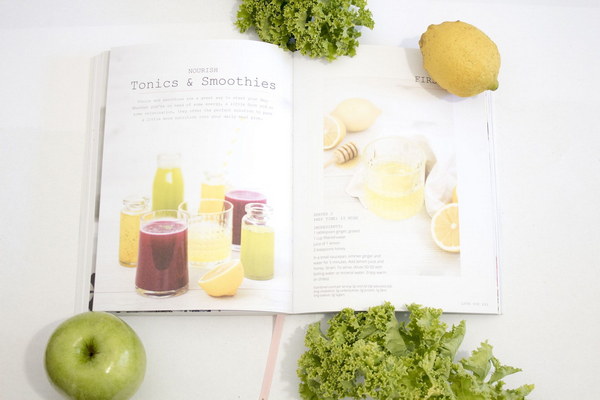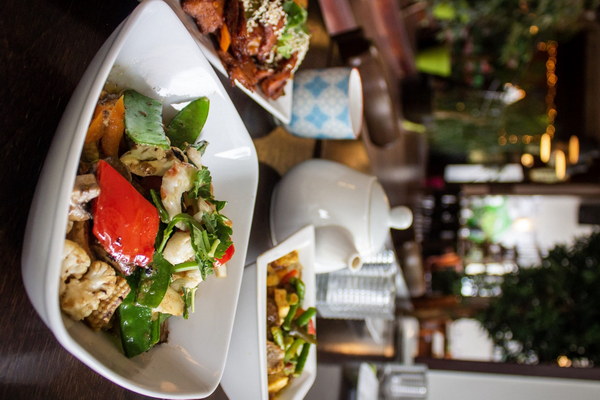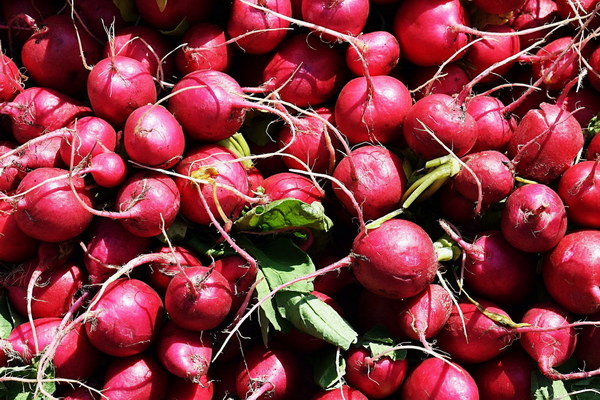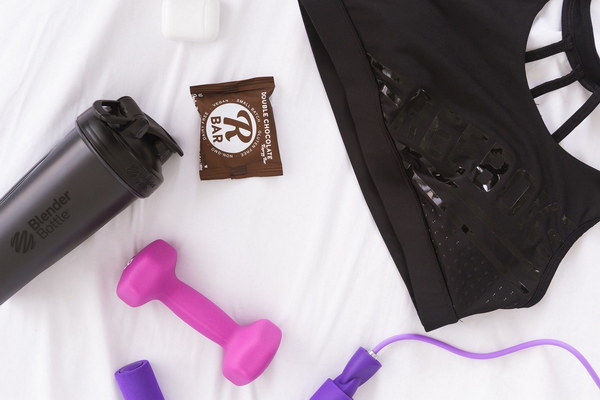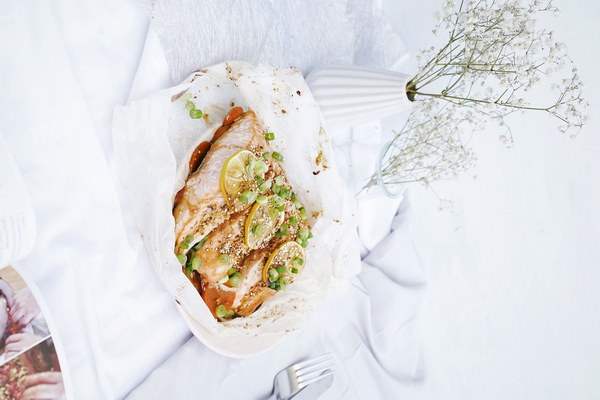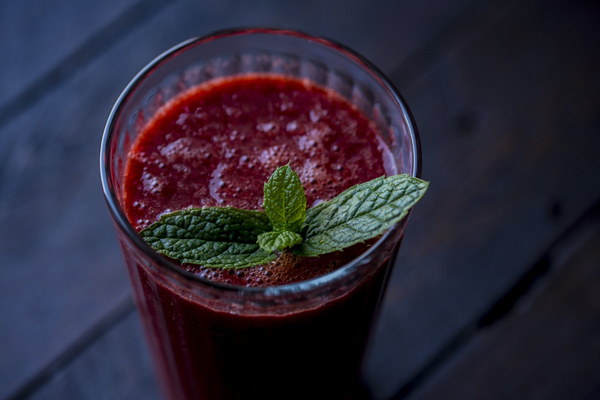Liver Protection Foods to Avoid for a Healthy Liver
Introduction:
The liver is a vital organ responsible for filtering blood, detoxifying harmful substances, and metabolizing nutrients. To maintain its optimal health, it is essential to consume a balanced diet and avoid certain foods that can harm the liver. This article will discuss the types of foods you should avoid to protect your liver.
1. Processed and Refined Foods:
Processed and refined foods, such as white bread, pasta, and sugar, are high in empty calories and low in nutritional value. These foods can cause inflammation and lead to obesity, which is a significant risk factor for liver disease. Moreover, processed foods often contain harmful additives, such as artificial flavors, colors, and preservatives, which can burden the liver's detoxification process.
2. Alcohol:

Excessive alcohol consumption is a leading cause of liver disease, including cirrhosis and liver cancer. When you consume alcohol, it is metabolized in the liver. Over time, this can lead to liver inflammation and damage. It is recommended to limit alcohol intake to one drink per day for women and two drinks per day for men.
3. High-Fat Foods:
High-fat foods, such as fried foods, butter, and cream, can contribute to the development of non-alcoholic fatty liver disease (NAFLD). This condition occurs when excess fat accumulates in the liver, leading to inflammation and potential liver damage. To protect your liver, try to limit your intake of these high-fat foods and opt for healthier alternatives, such as olive oil and avocados.
4. High-Sodium Foods:
Sodium is a common ingredient in processed foods, such as canned soups, snacks, and frozen meals. High sodium intake can lead to water retention, which can strain the liver and contribute to the development of liver disease. To maintain a healthy liver, limit your daily sodium intake to less than 2,300 milligrams and choose low-sodium alternatives when possible.
5. Trans Fats:
Trans fats are found in many processed and fried foods and are known to increase the risk of heart disease and liver disease. These unhealthy fats can cause inflammation and promote the accumulation of fat in the liver. To protect your liver, avoid foods that contain trans fats, such as baked goods, fried foods, and snack bars.
6. Artificial Sweeteners:
Artificial sweeteners, such as aspartame and sucralose, have been linked to liver damage and an increased risk of developing non-alcoholic fatty liver disease. While these sweeteners are often used to reduce calorie intake, it is best to limit their consumption and opt for natural sweeteners, such as honey, maple syrup, or Stevia.
7. Charred and Overcooked Foods:
Foods that are charred or overcooked can contain harmful compounds, such as heterocyclic amines (HCAs) and polycyclic aromatic hydrocarbons (PAHs). These compounds can increase the risk of liver cancer and other health issues. To minimize your exposure to these harmful substances, avoid charbroiling or grilling foods at high temperatures.
Conclusion:
Maintaining a healthy liver is essential for overall well-being. By avoiding processed and refined foods, limiting alcohol consumption, and reducing intake of high-fat, high-sodium, and trans-fat foods, you can protect your liver from potential damage. Additionally, opting for natural sweeteners and cooking foods at lower temperatures can further reduce your risk of liver disease. Remember, a balanced diet and healthy lifestyle are key to a healthy liver.
